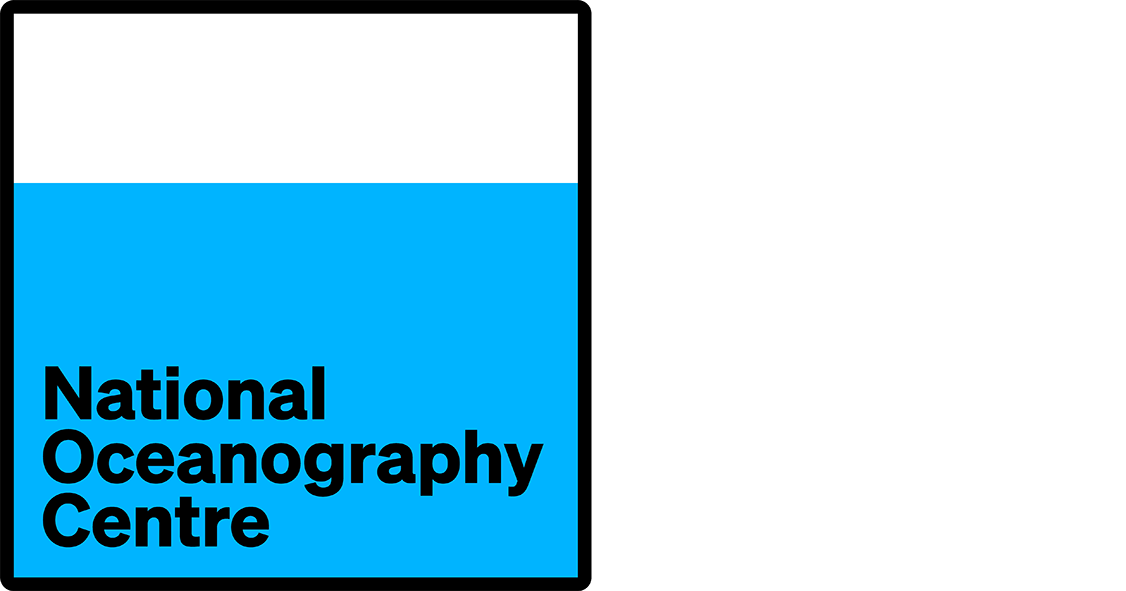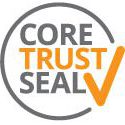Metadata Report for BODC Series Reference Number 34205
Metadata Summary
Problem Reports
Data Access Policy
Narrative Documents
Project Information
Data Activity or Cruise Information
Fixed Station Information
BODC Quality Flags
SeaDataNet Quality Flags
Metadata Summary
Data Description |
|||||||||||||||||||||||||
|
|||||||||||||||||||||||||
Data Identifiers |
|||||||||||||||||||||||||
|
|||||||||||||||||||||||||
Time Co-ordinates(UT) |
|||||||||||||||||||||||||
|
|||||||||||||||||||||||||
Spatial Co-ordinates | |||||||||||||||||||||||||
|
|||||||||||||||||||||||||
Parameters |
|||||||||||||||||||||||||
|
|||||||||||||||||||||||||
|
|||||||||||||||||||||||||
Problem Reports
No Problem Report Found in the Database
Data Access Policy
Open Data supplied by Natural Environment Research Council (NERC)
You must always use the following attribution statement to acknowledge the source of the information: "Contains data supplied by Natural Environment Research Council."
Narrative Documents
Teleost Pressure Recorder
This instrument was developed at I.O.S. Bidston. Each recorder consists of a Bell and Howell strain gauge or a Digiquartz pressure transducer. The strain gauge sensor uses a Bell and Howell type 4-306 transducer and operates as a phase shift oscillator whose frequency is controlled by the ratio of output to input voltage of the transducer Wheatstone bridge network. The quartz crystal pressure sensor consists of a convoluted bellows linked to a 40kHz quartz crystal resonator coupled by piezoelectric action to an electronic resonator.
The pressure and temperature recorder consists of an Aanderaa current meter type logger modified to accept input from a pressure sensor containing a Bell and Howell strain gauge or a Digiquartz pressure transducer and a platinum resistance thermometer.
The pressure and temperature transducers are mounted in the same heat sink for compatible data. The pressure sensors are mounted in a protective frame of dimensions 1.75m by 1.14m by 0.66m, attached to a ballast plate or frame. Teleost recorders are deployed as pop-up moorings and released from their ballast frames by firing a pyrotechnic release by acoustic command.
IOS Calibration and Data Processing of Off-Shore Tide Gauge Data
Calibration of pressure/frequency sensors and thermistors are carried out using the facilities and staff at I.O.S. Bidston with the exception of pre 1975 pressure/frequency sensors, which were calibrated in the pressure chamber at I.O.S. Wormley.
The data are copied from the logger magnetic tape to 9 track magnetic tape and disk. The data are either listed or plotted as an initial check. A program is then used to check the data from the temperature sensor channels, calculate and plot the temperature values and store them (if temperature sensor channels are available).
A second program performs a similar function for the pressure sensor channel, using the pressure frequency coefficient to convert each pressure frequency to the frequency at the reference temperature and calculating the pressures using the pressure frequency calibration. The data values, generally at 15 minute intervals, but occasionally at 10 minute intervals, of pressure are then plotted and stored. If waterhead is required, it may be computed by subtracting atmospheric pressure and applying the hydrostatic relation:-
H = P / ( d * g )
H = waterhead (cm)
P = pressure (0.01 mb)
d = density (kg/m3)
g = gravitational acceleration (m/s2)
Station J (North Sea) Data Processing Notes
Clock lost 10 seconds over 53 days, 23.75 hours; the cycle interval and time values have been corrected.
Instrument Characteristics and Calibration Factors
Teleost Pressure Recorder, sensor DIG, serial number 288
| Original sampling interval | 15 minutes |
|---|---|
| Integration period | 900s |
| Temperature coefficient | 0.0mb/°C |
| Pressure sensitivity at 7.931°C | 0.0598Hz/mb |
Project Information
IOS North Sea Experiment 1981
An experiment was carried out by I.O.S. Bidston in the North Sea during May and June 1981. The scientific objectives were:
- To investigate the slope of the mean sea level surface between Leith and Immingham.
- To study the tidal energy budget in a shallow coastal region.
- To measure currents around a sandbank to test theories of spring neap changes in the mean currents.
24 rigs containing recording current meters, thermistor chains or pressure recorders were deployed for 40 days at 15 stations. Data from nearby coastal tide gauges were also used. The density field was measured during both the deployment and recovery legs by continuous monitoring of sea surface temperature and conductivity and by recording CTD profiles.
Data Activity or Cruise Information
No Data Activity or Cruise Information held for the Series
Fixed Station Information
No Fixed Station Information held for the Series
BODC Quality Control Flags
The following single character qualifying flags may be associated with one or more individual parameters with a data cycle:
| Flag | Description |
|---|---|
| Blank | Unqualified |
| < | Below detection limit |
| > | In excess of quoted value |
| A | Taxonomic flag for affinis (aff.) |
| B | Beginning of CTD Down/Up Cast |
| C | Taxonomic flag for confer (cf.) |
| D | Thermometric depth |
| E | End of CTD Down/Up Cast |
| G | Non-taxonomic biological characteristic uncertainty |
| H | Extrapolated value |
| I | Taxonomic flag for single species (sp.) |
| K | Improbable value - unknown quality control source |
| L | Improbable value - originator's quality control |
| M | Improbable value - BODC quality control |
| N | Null value |
| O | Improbable value - user quality control |
| P | Trace/calm |
| Q | Indeterminate |
| R | Replacement value |
| S | Estimated value |
| T | Interpolated value |
| U | Uncalibrated |
| W | Control value |
| X | Excessive difference |
SeaDataNet Quality Control Flags
The following single character qualifying flags may be associated with one or more individual parameters with a data cycle:
| Flag | Description |
|---|---|
| 0 | no quality control |
| 1 | good value |
| 2 | probably good value |
| 3 | probably bad value |
| 4 | bad value |
| 5 | changed value |
| 6 | value below detection |
| 7 | value in excess |
| 8 | interpolated value |
| 9 | missing value |
| A | value phenomenon uncertain |
| B | nominal value |
| Q | value below limit of quantification |

